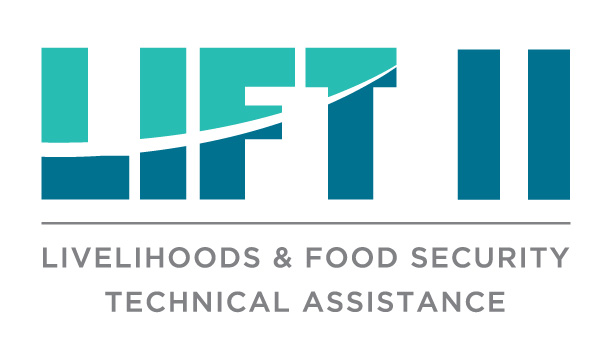Social and Economic Strengthening Advances Through Conditional Cash Transfers in Lesotho
 Poverty is a harsh reality for the 46 percent of the population of Lesotho living on less than US$1.25 a day. Added to the economic challenges of this small country are an HIV and AIDS crisis of epidemic proportions; just under one in four people are living with HIV, the third highest prevalence rate in the world. Fifteen percent of child deaths are from malnutrition, and stunting is estimated at 39 percent. This convergence of poverty, disease, and hunger is shattering the traditional social safety nets in existence for so many generations and putting the burden fully on individuals, families, communities and increasing demand on already stretched health and social service infrastructure.
Poverty is a harsh reality for the 46 percent of the population of Lesotho living on less than US$1.25 a day. Added to the economic challenges of this small country are an HIV and AIDS crisis of epidemic proportions; just under one in four people are living with HIV, the third highest prevalence rate in the world. Fifteen percent of child deaths are from malnutrition, and stunting is estimated at 39 percent. This convergence of poverty, disease, and hunger is shattering the traditional social safety nets in existence for so many generations and putting the burden fully on individuals, families, communities and increasing demand on already stretched health and social service infrastructure.
Looking to improve social and economic conditions for HIV-affected populations, the Ministries of Health (MOH) and Social Development (MOSD) developed a unique partnership. This is occurring through the integration of Nutrition, Assessment, Counseling, and Support (NACS) into routine maternal and child health services and improved referral networks. Specifically, this effort looks to reduce perinatal transmission of HIV and to improve the immunization of children under five years old.
The MOSD’s first step was to refine their grants program into a conditional cash transfer (CCT) program to meet the needs of its poorest and most vulnerable populations. This step was supported by PEPFAR and USAID through the provision of technical assistance from the Livelihoods and Food Security II (LIFT II) project, managed by FHI 360, and the Building Local Capacity (BLC) program, managed by MSH. Trainings on best practices in the design and implementation of social and economic strengthening programs have been provided to build the knowledge and skills of the district and headquarters leadership and frontline staff of the MOSD and its implementing partners.
In Maseru, MOSD and community based organization (CBO) leaders recently attended training on improving social and economic strengthening programs. The participants developed an innovative pilot project that advances the Partnership for HIV Free Survival (PHFS) by placing a focus on mothers and baby pairs through linking CCT to immunizations. The goal of this pilot is to use CCTs to improve nutrition and immunizations for children under five years old.
The CCT pilot is expected to start in 2014 and has been conceived with the additional goal of making data based decisions to fine tune program operations. Placing mother and baby pairs at the center of the program may strengthen both their role within the program and potentially in the eyes of their families and communities. Additionally, the program establishes the importance of collaboration between the MOSD and MOH to tackle the multifaceted challenges facing Lesotho.


